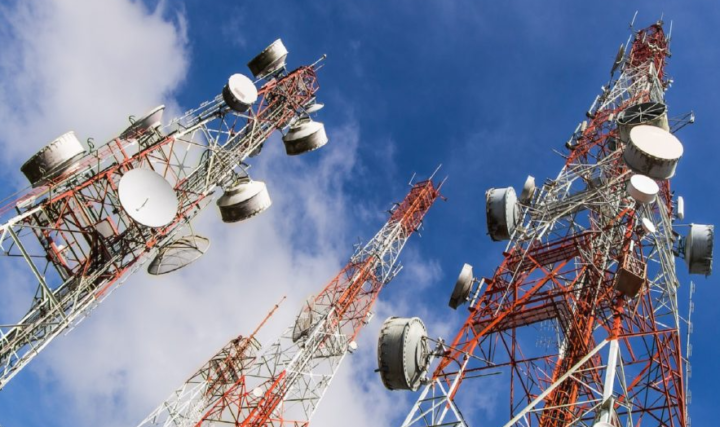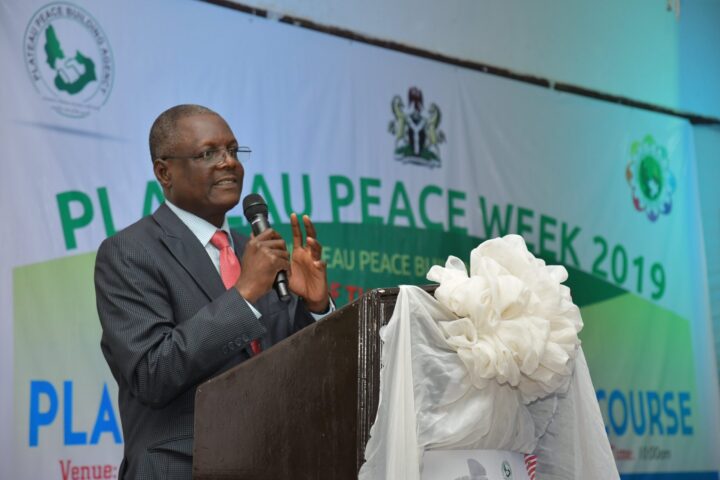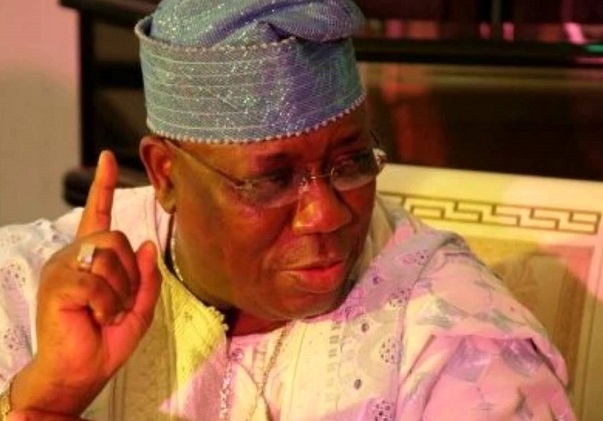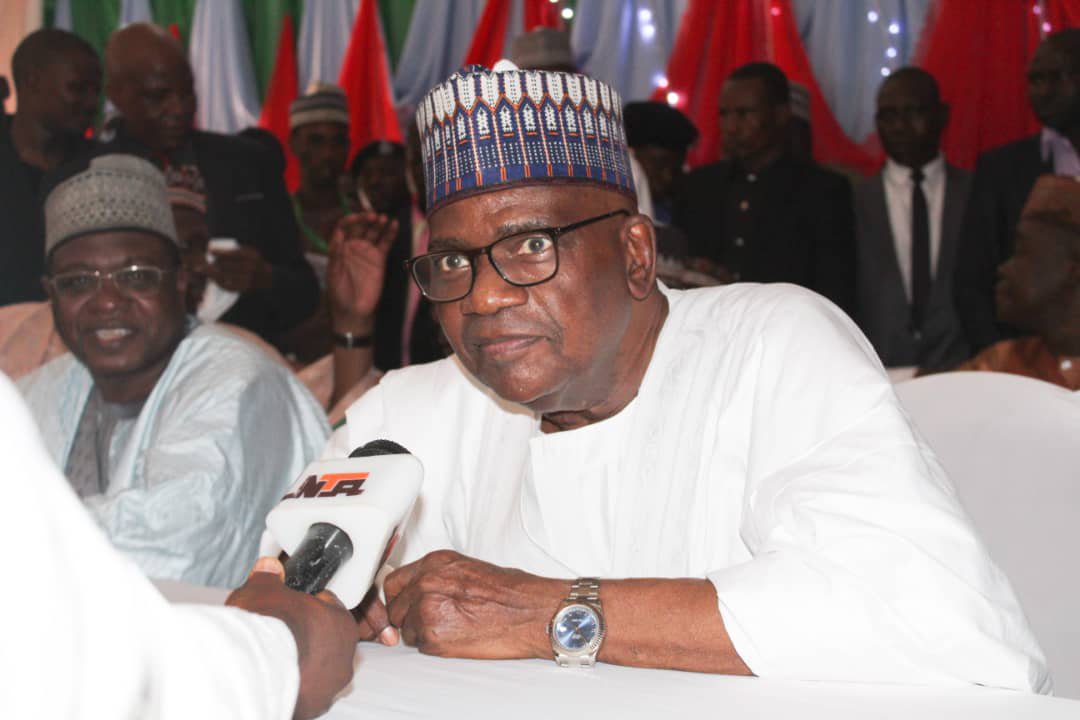Nigeria’s telecommunications sector posted a sluggish growth in 2021 over the various policy positions taken by the government.
Recent numbers published by the National Bureau of Statistics (NBS) showed a decline in internet users by 7.99 percent to 141.9 million.
By implication, it means mobile telecoms operators lost about 9 million data subscribers in 2021.
According to the report, Nigeria had 141.97 million active internet subscribers at the end of the fourth quarter of 2021 against 150,8 million in January 2021.
Advertisement
NETWORK SHUTDOWNS AFFECTED SUBSCRIBERS’ DATA IN KATSINA, KANO, ZAMFARA
Analysis of the report showed that Katsina, Kano, Sokoto, Zamfara, and Ogun states recorded declines in 2021.
While Katsina and Kano states recorded 1.21 million and 1.15 million year-on-year, respectively. Internet subscribers in Zamfara (888,817), Sokoto (676,259) and Ogun state (574,727) also recorded declines.
Advertisement
HOW GOVERNMENT REGULATIONS PLAYED OUT
In December 2020, Isa Pantami, minister of communications and digital economy, directed the Nigerian Communications Commission (NCC) to audit the subscriber registration database.
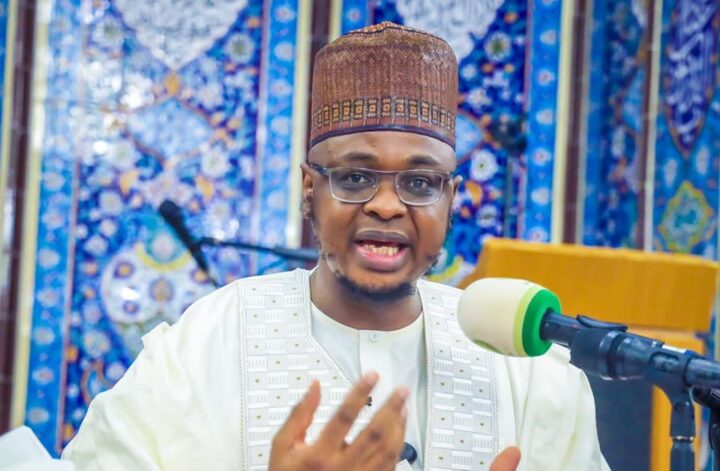
He also instructed mobile network operators to suspend the sale, registration, and activation of new SIM Cards until the completion of the audit exercise.
Advertisement
The policy also denied new entrants into the country access to purchase mobile lines, while also making it difficult for existing users who want to retrieve their lost lines to do so.
Additionally, on June 5, 2021, President Muhammadu Buhari ordered the shutdown of Twitter over a deleted tweet. The ban lasted for over 100 days, costing the country around $366.9million before it was lifted in October.
In September 2021, the Nigeria Communications Commission(NCC) instructed all telecommunications companies to shut down their services in Zamfara over incessant insecurity in the state.
The order, which came on August 3, was supposed to be for two weeks, but it was lifted in November following an outburst from civil society organisations (CSOs).
Advertisement
Prior to that, there had been a shutdown of telecommunication services in 14 out of 23 local governments in Sokoto as part of efforts to check banditry.
On September 9, 2021, Katsina also shut down 13 out of 34 local governments, including Funtua, Malumfashi, Bakori, Dutsin Ma, Faskari, Sabuwa, Dandume, Safana, Batsari Kankara, Danmusa, Jibia, and Kurfi.
Advertisement
The state had a total of 3.5 million active internet users in Q4 2021.
BAD MARKET FOR TELCOS
Advertisement
Experts said the combination of these developments ad a costly impact on the sector.
Checks by TheCable showed that MTN lost about 5.1 million subscribers, dropping from 63.9 million to 58.8 million between January and December 2021.
Advertisement
Also, Airtel Nigeria lost 2.5 million subscribers between January and December 2021, while 9mobile lost 1.13 million subscribers within the same period.
Globacom, on the other hand, lost about 470,000 subscribers within the same period, according to data on the Nigerian Communications Commission (NCC) website.
The information and communication sector of the Nigerian economy recorded its slowest growth in 14 quarters. According to the fourth-quarter GDP report, the ICT sector contributed 15.5 percent to the aggregate real GDP with N11.23 trillion in 2021, representing a 6.55 percent expansion compared to N10.54 trillion recorded in the previous year.
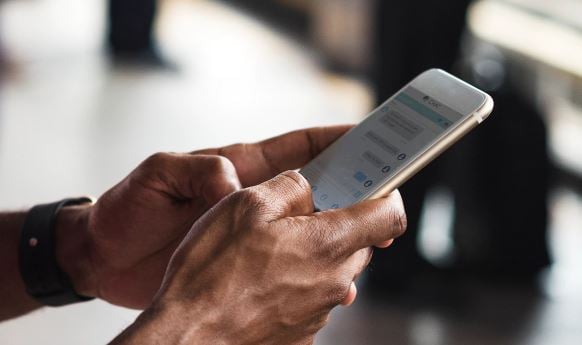
‘CRIMINALS HAVE DESERTED TELCOS’
Speaking on the decline of internet users, Pantami had said the internet subscribers that deserted the telcos within one year are mostly criminals.
“The over 12 million that have dropped are mostly criminals that cannot come out to regularise their numbers,” the minister had said.
EXPERTS SAY POLICY POSITIONS STIFLED GROWTH
Speaking to TheCable, Boye Adegoke, senior programmes manager, Paradigm Initiative (PIN), described the growth in the sector as “pathetic”, especially at a time the country is trying to de-emphasise the oil sector as its major source of foreign exchange.
“It’s pathetic and unfortunate,” he said.
“The sector was performing so well until recently. It is unfortunate.”
For Adegoke, a key reason for the sector’s abysmal performance is poor government policy — the Twitter ban and activities of the minister of information which also include trying to regulate streaming services.
He said sector-peculiar problems like the right of way, basic infrastructure such as power, have also contributed to the throes in the telecoms space.
“As long as Nigeria has power challenges, our telecom sector cannot operate at the highest potential possible,” he added.
Gbenga Sesan, the executive director, PIN, said the slow growth is the result of the policy position taken by Pantami.
Sesan said the choice to clamp down on the sector due to insecurity was ill-advised, noting that actions taken have not helped the security situation anyway.
He added that the focus on creating multiple levels of bureaucracy through the NIN-SIM linkage reduced the uptake of SIM cards and led to a significant drop in the number of subscribers.
“Which means revenue loss for telecommunications companies and government, and of course, a huge loss to the economy,” he said.
“Government is standing in the way of progress through its policy summersaults.”
As the civil society organisations are advocating for change, he urged companies to push back better “instead of complying with every — including illegal — directive(s)”.
Add a comment

